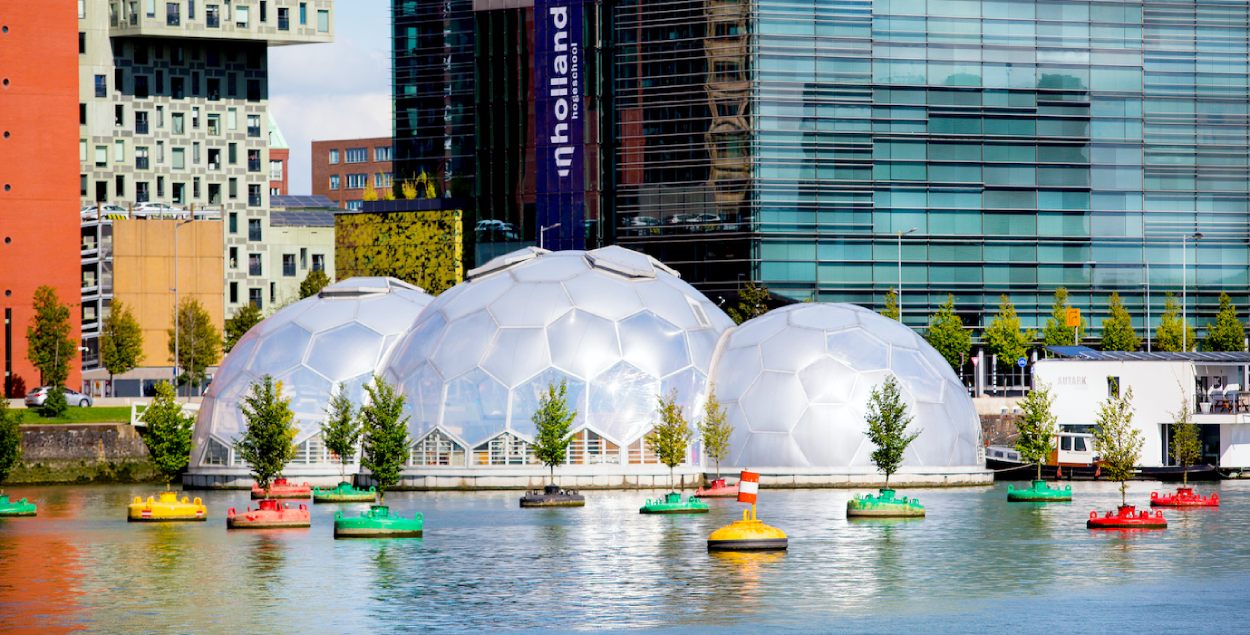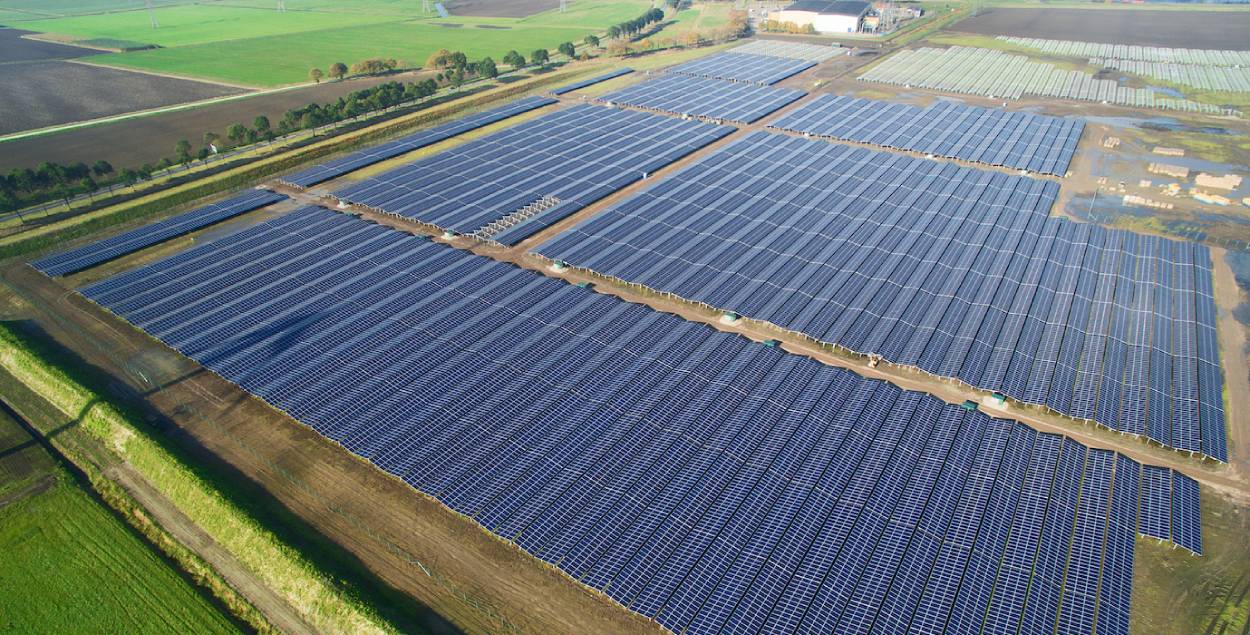Energy & CleanTech
Quickly go to
- Building a future-proof society
- The Dutch energy clusters
- New technologies and innovations
- Join the Dutch Energy & CleanTech sector

As well as the effects of climate change, we’re dealing with a global shortage of fossil fuels, and the Netherlands is no exception. That’s why we’ve set some ambitious goals. By 2050, we want to be completely carbon neutral and have reduced our greenhouse gas emissions by 95%. The government recognises the vital role that businesses, universities and research institutions, and social organisations will play in this transition and the profound changes that still need to be made. It’s highly supportive of the sector that has chosen to rise to the challenge. To further stimulate innovation, it’s set up several competitive incentive programmes that can be used to foster innovation in renewable energy startups, or to promote the corporate use of renewable energy sources. Initiatives that either smooth out or speed up the transition towards renewable energy are being supported.
The transition to renewable energy is a primary point of focus throughout our entire country. Still, there are certain hotspots where lots of research and development is currently taking place. For example, there is a well-connected ecosystem in the area in and around The Hague, bringing businesses together with governmental organisations, universities and talent from around the world. More than 9,000 professionals are employed at several large multinationals like Shell, Total and Siemens, and in many startups and scale-ups.
Other noteworthy energy clusters are in Rotterdam and Groningen. In Rotterdam, the future of energy gets a lot of attention due to their high-tech port and offshore wind companies. In Groningen, you’ll find the New Energy Coalition , a project that centres around the city’s universities and research organisations and explores opportunities of the future of energy. It simultaneously functions as a support hub for startups and scale-ups in the sector.

Our country currently generates a lot of energy from wind turbines at sea and on land, and from solar panels on roofs and in solar parks. And we’re proud of that. In the north of the Netherlands, you’ll find the second-largest offshore wind farm in Europe. Called Gemini, it alone powers more than 800,000 homes. But why stop there? New and exciting technologies are on the horizon, like geothermal energy, residual heat, and green hydrogen. All of which show huge potential but still need to undergo development to be fully deployable. In the long run, other techniques such as those utilising thorium might also become an alternative energy source to help us through the transition.
Our national efforts haven’t gone unnoticed. Some of the world’s leading specialists have risen to the occasion to support our mission. Be sure to check out the specialists at the Energy Research Centre of the Netherlands (ECN), which is one of the EU’s key knowledge partners. And the Top Consortium for Knowledge and Innovation Offshore Wind (TKI Wind op Zee) connects and supports Dutch organisations and research institutes in the development and deployment of innovations with a particular focus in offshore wind technology.